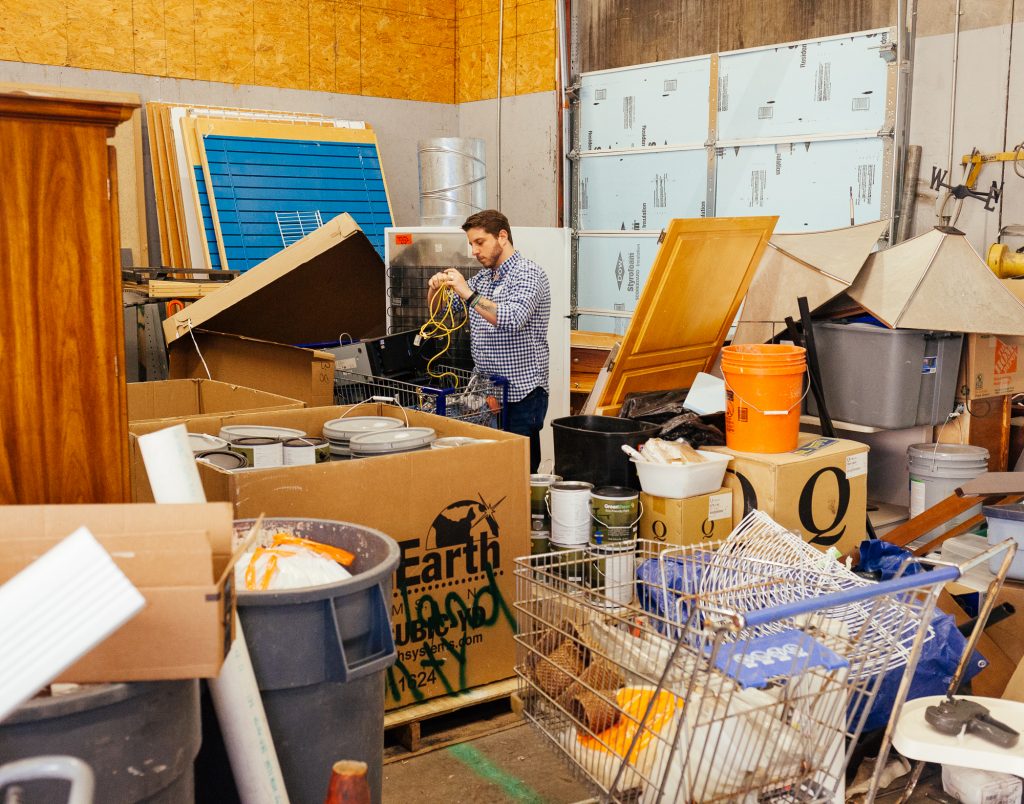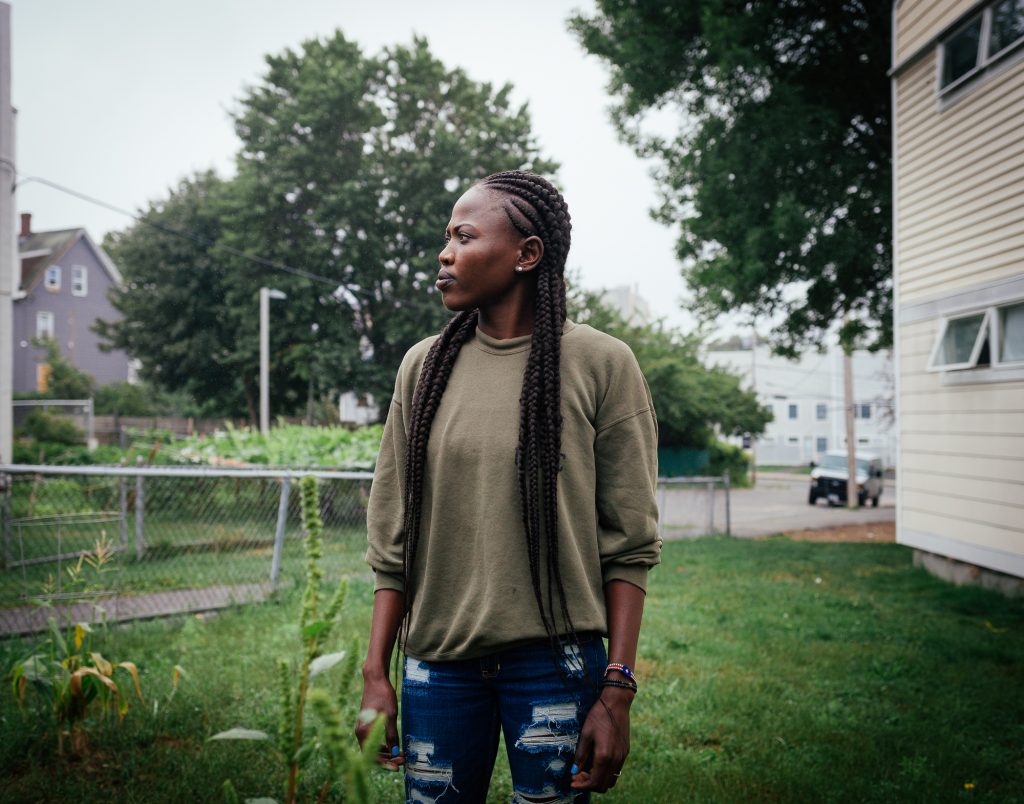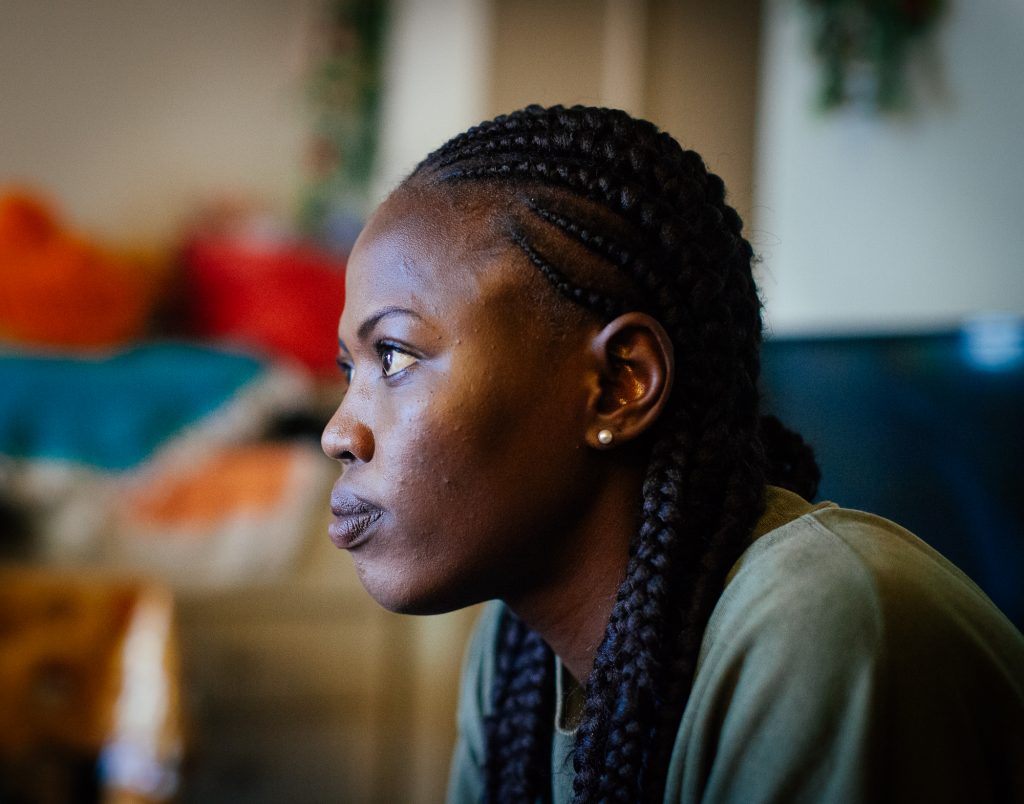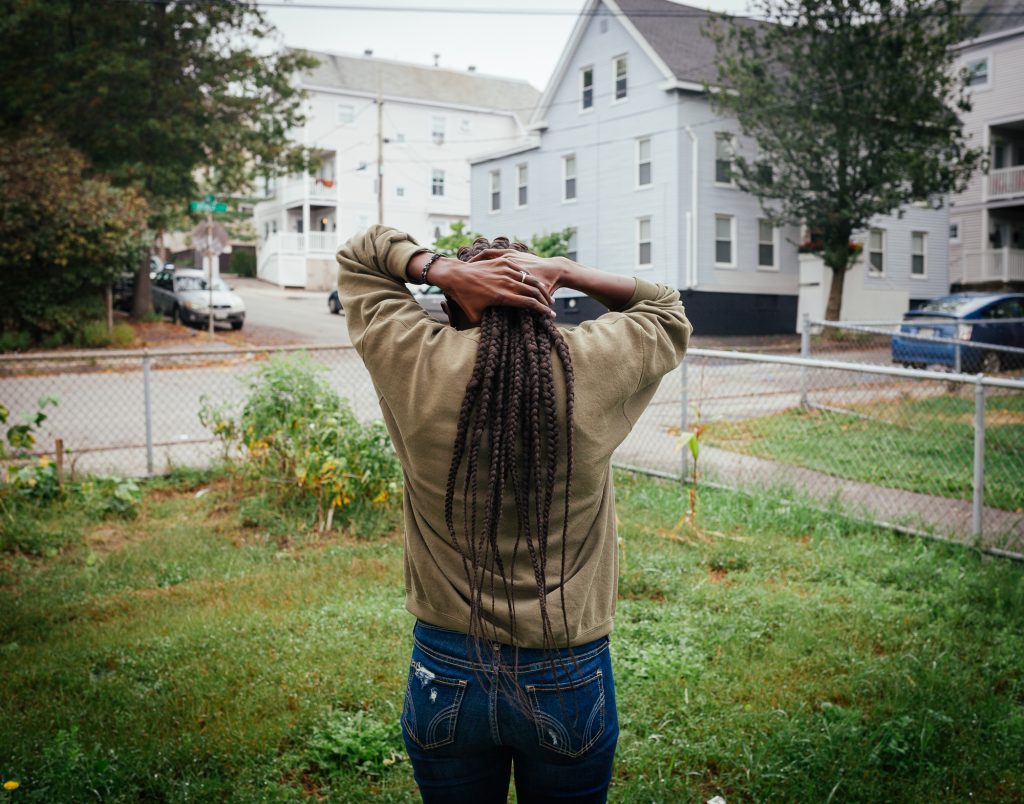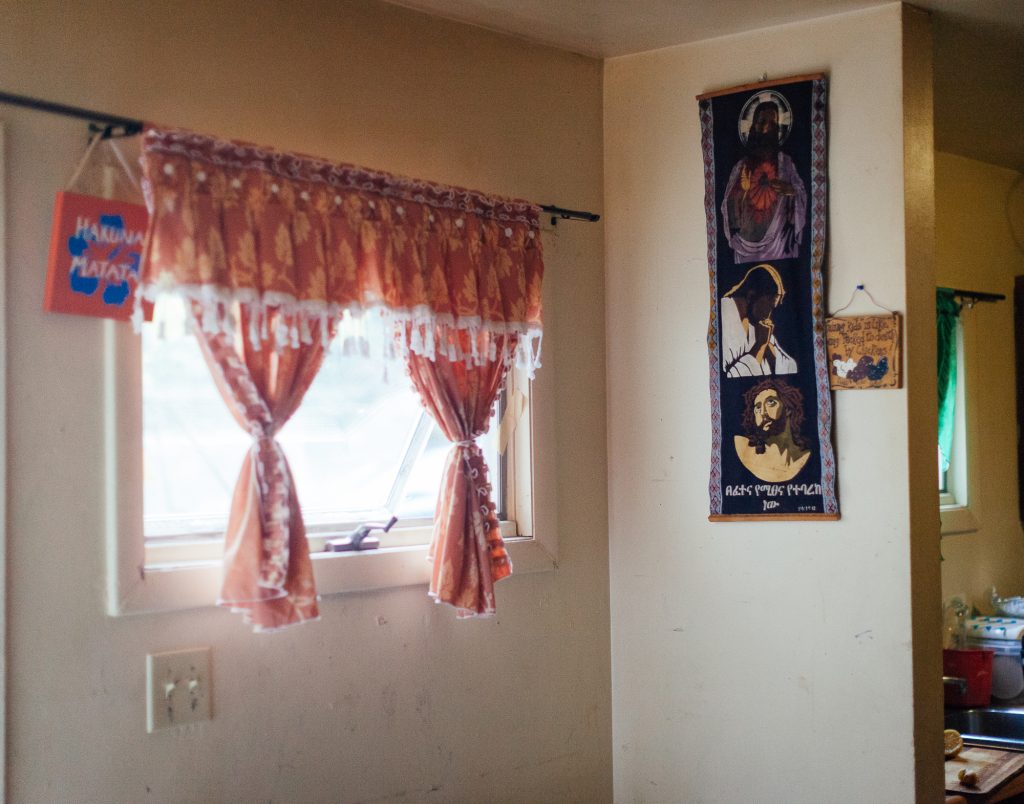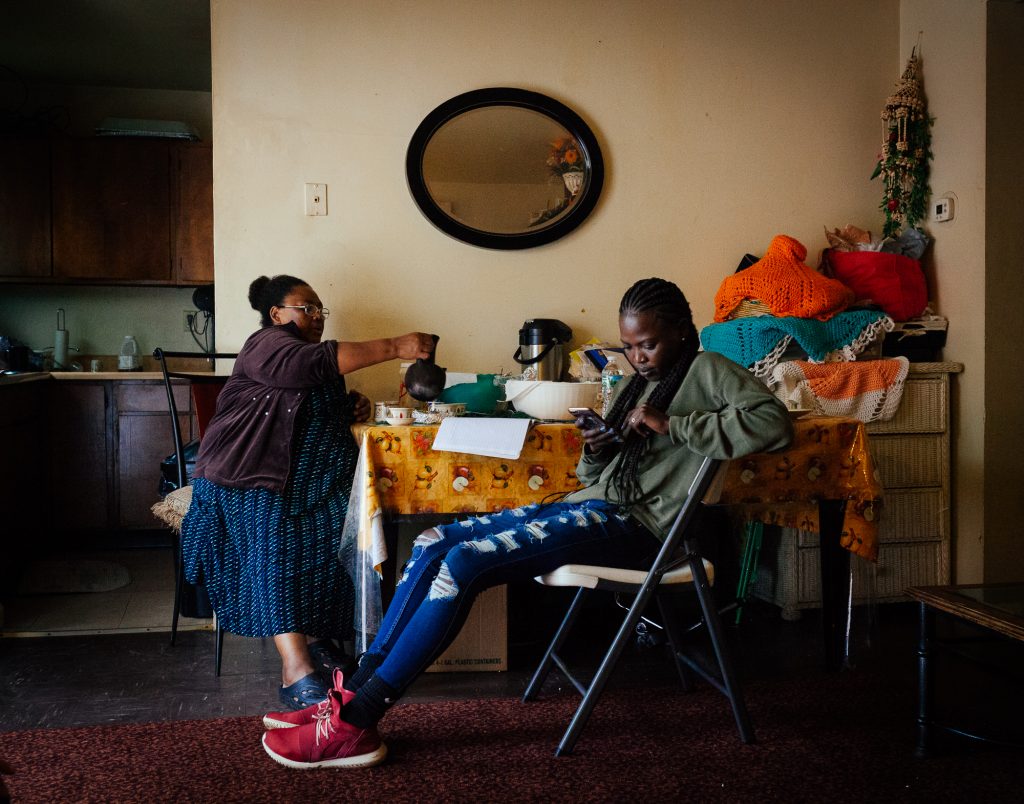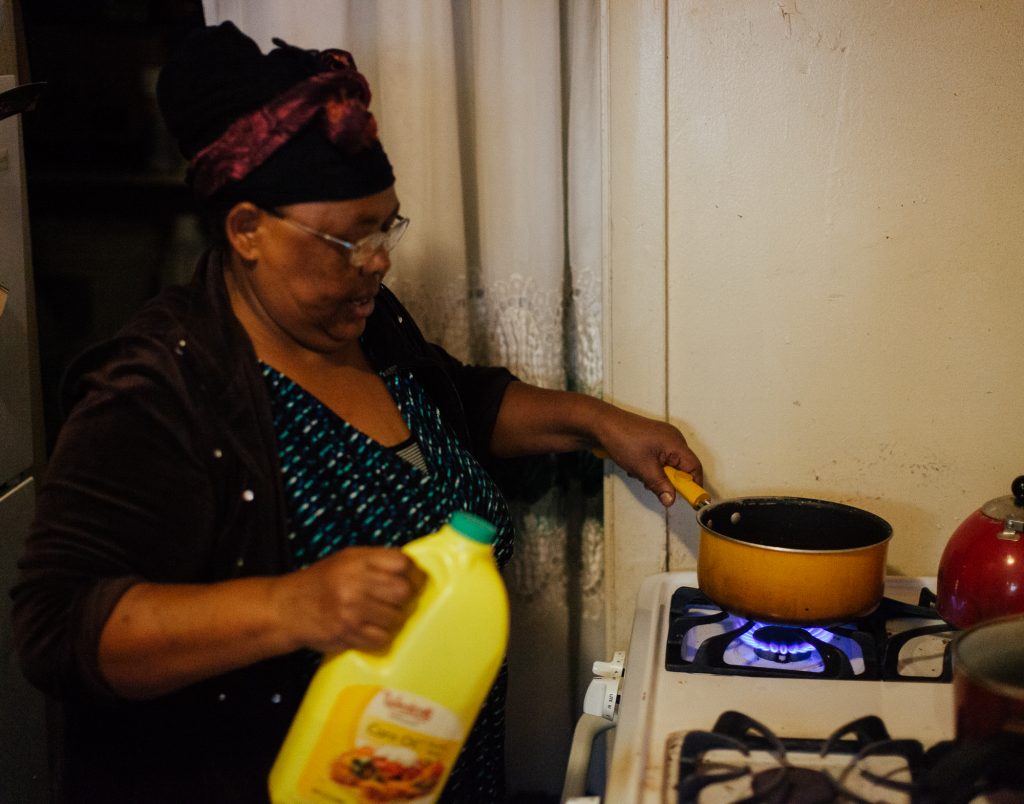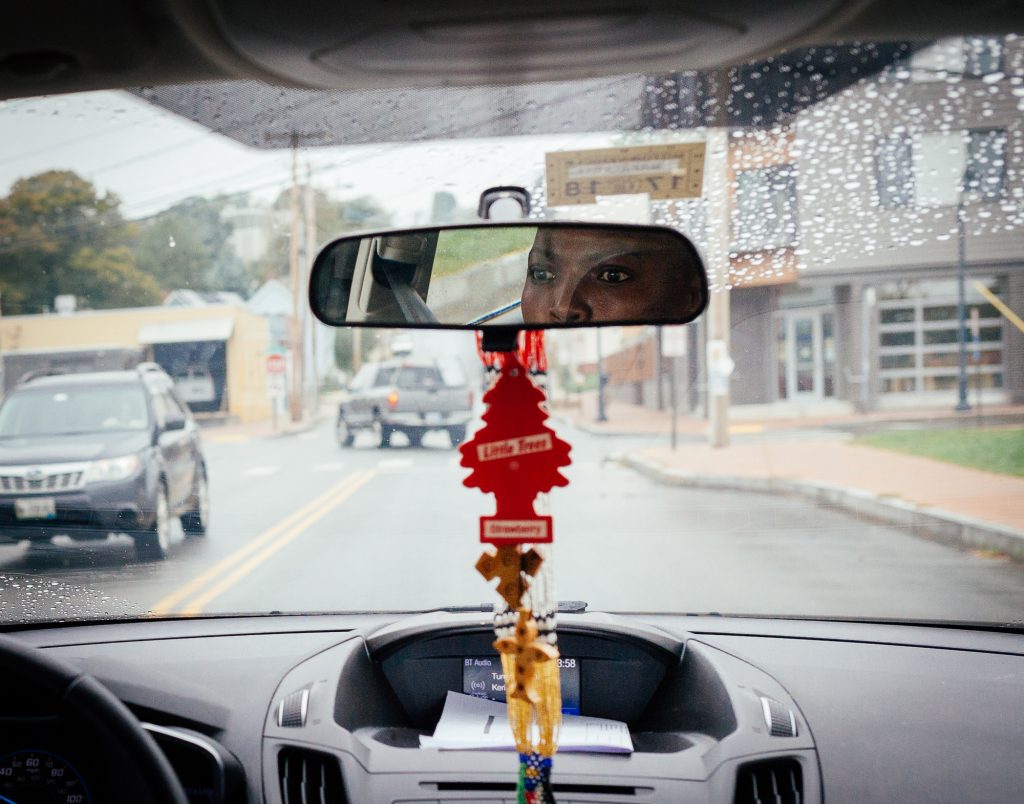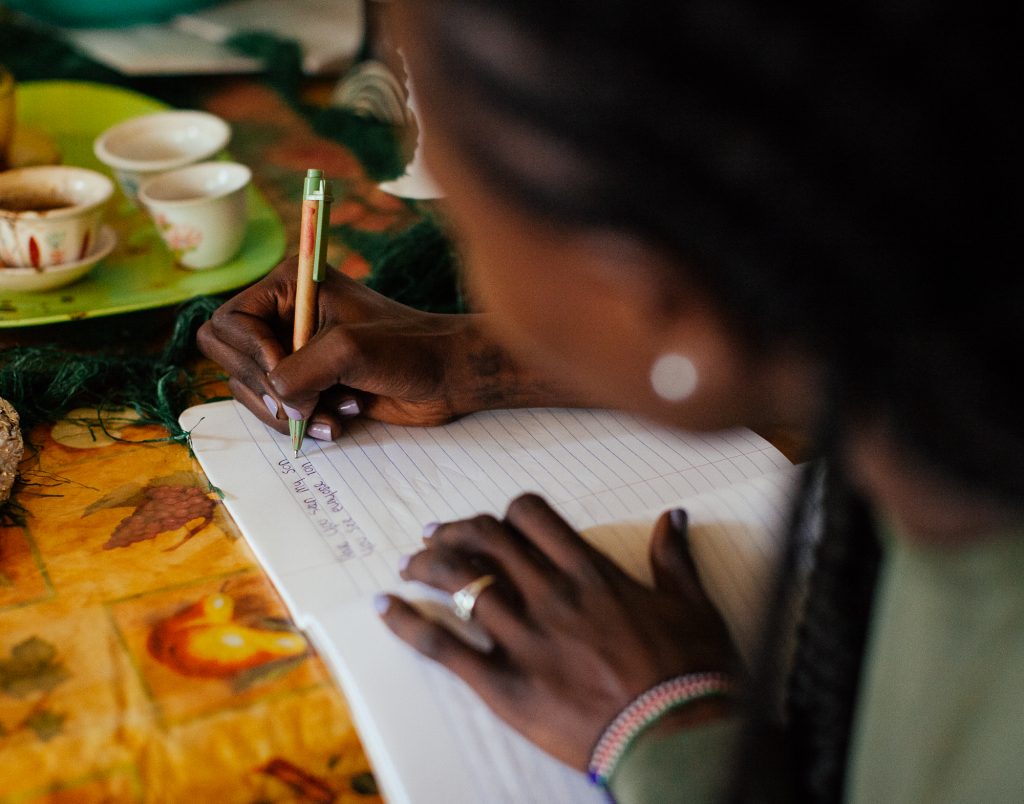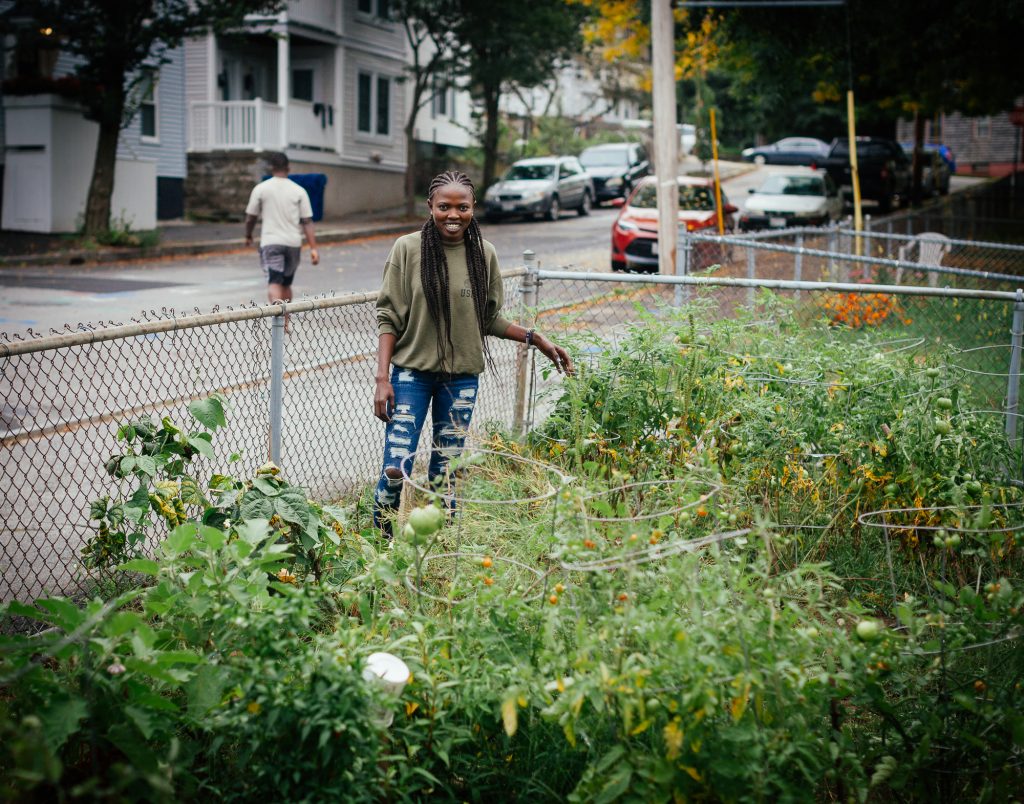
Childhood
Mike’s childhood in London wasn’t easy. He grew up in the northwest area of the city in a low-income family that lacked stability.

Mike still thinks London is the most magnificent city in the world. Smells are a big trigger for childhood memories, like the smell of the tube (underground train) and wet concrete when it rains – earthy yet industrial.
“That, to me, is London – a big concrete and brick city, and it rains all the time.” (audio below)
Mike’s birth was unplanned. As a baby, his parents – who he never really remembers being a ‘couple’ – and his two much older half brothers were at the home. His oldest brother left home at age 16 when Mike was only one year old. “When he had the opportunity to get out, he did,” and in hindsight, Mike respects him for doing so.

Instability
Mike grew up in a musical household – three or four guitars were always laying around. Mike’s grandfather, Alexis Korner, was a celebrated blues musician. He figures it was the musician’s lifestyle that got his parents into drugs.
“You can’t grow up and hang out with the Rolling Stones and not get into heroin.”
“Essentially, both of my parents spent their lives dealing drugs in one form or another. That’s probably how they met, and that’s why they split up. It dominated most of my young life, but I didn’t know it at the time. Looking back as an adult, I am like, ‘Oh, ya that’s why that happened!’”
When asked what his father did for work, Mike replied, “What hasn’t he done? He repaired trucks, managed tours for the band Motorhead, and most recently he drove a cab.” His father was never in the best of health.
When Mike was 12, his mom met her boyfriend John. Mike remembers John as “the only person who could ever handle her” and he really looked up to him.

“It was my birthday. I wanted to be Bob Dylan, so he bought me a harmonica and said I could play his guitar anytime I wanted. That’s when I learned that I loved the guy.”

Mike’s first connections to America were his godmother who lived in Los Angeles, and his best friend in London who was from New York. His first visit to see his godmother was when he was six.
“From the moment I came to the US, I loved it. Getting into my godmother’s late 80s Oldsmobile, hot leather seats, palm trees. I was like, ‘Wow, this is pretty awesome!’ I think I was always meant to come back.”
Loss
Mike’s mother died in 2006 when Mike was only 18 – the toughest thing he has ever gone through.
Mike needed to get out of the house after his mother’s death, but realistically he didn’t have anywhere to go. He had always lacked confidence and motivation and he didn’t expect to get into college. Mike thought it was a mistake when a journalism program in Falmouth, Cornwall, accepted him. After a couple of years of studying rarely, and socializing often, he decided to move back to London, where he got a job as a police community support officer. It was a position designed by the Metropolitan Police in London to bridge the gap between the community and the police.
Love Online
Mike wasn’t loving the job, he was dealing with depression, and looking for some to connect with. He turned to the internet. One night he was scrolling through “cam model” thumbnails and clicked on a redhead he found attractive.
Caelie, who is from Oklahoma, was living in Portland, Oregon when Mike came across her picture. She started working as a camgirl to put herself through massage school. She was “camming” with a lot of people every day, but as Caelie explains, Mike was different from the other guys.
“He didn’t come in and be like ‘show me your boobs.’ He was more like: What kind of music do you like? Do you have a college degree? Who’s your favorite artist? We started talking more and more in this casual way online. He was engaging, interesting, and kind. I felt like I was being seen and heard, and that was a really new experience for me.” (audio below)
Things between them moved fast – within the first few conversations; it was clear something was there. Mike kept coming back and spending more money to chat with her, and she knew that because of the time difference, he wasn’t sleeping. As Mike remembers,
“I was never looking for love, but it found me. I was just looking for someone to listen to me and make me feel special. The more I got to know, the more I liked her, and the fact that it was reciprocated was even more shocking to me. I was just paying to be there!”
Caelie and Mike started writing a lot of letters back and forth. Caelie has always liked to write, feeling like it is a very personal thing to do.
“That was my way of sharing a part of myself with him and being vulnerable with him. Sometimes the internet feels very impersonal. To have something that someone has touched is special. We had to grasp at straws to create intimacy because of the distance, and writing for me, was a way.”
Mike really wanted to meet Caelie in person. He felt like his job working as a community support officer for the Police in London, was a “dead-end,” and he was ready for a change.

Together
When Mike arrived in Portland in 2011, he never had any intention actually to move to the US. They had been talking every day for months, so it was exciting to finally meet Caelie in person.
“That first time when we first got to share the same space. It was incredible. We already knew, but it confirmed it for us. Everything else is there; now we just need to occupy the same physical space. From that moment there was no question. There were lots of questions from people around us, but we never doubted it.”
Caelie remembers waiting for Mike at the airport in Portland and how intense that first meeting was. She remembers their first hug – it was overwhelming.

“We got out to my car in the parking garage and just sat there and stared at each other for a little while. That was a really good two weeks. We didn’t leave the house as we were just enjoying each other. We both cried when he had to go.” (audio below)

Mike and Caelie visited each other in person every three months for a while, then Mike came to the US on a fiancé visa in 2012. They tried to do the application without an immigration lawyer, but they hadn’t provided enough evidence of their relationship. After five months of waiting, they got the rejection. The second time they applied, they sent in “more than enough evidence.”
“Even with Mike being from a western country, white, speaking English- it was hard and expensive. I really feel for people who have more obstacles. We had all the cards stacked for us, and it was still really difficult.”
Molly
Caelie was pregnant within two weeks of Mike’s arrival. Neither of them planned on having kids before, but oddly enough, if they ever had a daughter, they both agreed that they wanted to name her Molly. (audio below)
They had a “shotgun wedding” and got “some looks about it” but they were so in love nothing else mattered. Molly was born in August 2013.

“Molly is smart, sassy, and strong. She is so independent, and it is a huge pain in both of our asses. We wouldn’t want it any other way. She’s a tiny person and reminds me of both my wife and me every day. It’s an honor, and it’s absolutely terrifying, and I don’t want to mess it up.” (audio below)
Despite coming from different backgrounds, Mike says he and Caelie want the same thing for their daughter – to provide her with unconditional love.
“We want her to have that safety and security of knowing no matter what happens and who you are or the decisions you make, you will be loved. We are your people until the moment that we don’t exist. That was something my mom actually taught me. Her love was never conditional, despite the plethora of crap that was my childhood – I never questioned her love. She made sure I had a roof over my head, food in my belly, clothes, and that I went to school. That’s always been the baseline of what a parent owes a child.” (audio below)
Mike also knows many of the things he experienced growing up – he never wants Molly to encounter. He doesn’t want her to be around drugs or irresponsible adults.
“There is nothing that quite compares to being a kid and realizing that the person you are relying on is not reliable. It shakes things. Despite knowing that my mom loved me there were times when she was screwed up – whether it was drinking, drugs, or bad relationships. Realizing that I didn’t necessarily come first at those times was kind of scary, and I don’t want that for my kid.”
Oklahoma
When Mike arrived in 2012, they lived at Caelie’s parents’ house. Mike needed to find work to support his pregnant wife. His first job in Oklahoma was as a laborer, laying mortar for a masonry company. After that, he got into selling insurance over the phone. He figures his British accent got him that job. After the call center, he became an associate agent for All-State Insurance. Still, he wanted to try something else.
In 2018, Mike started working as the volunteer coordinator at the Cleveland County ReStore for Habitat for Humanity. This ReStore focuses on taking care of the local community and getting people out of poverty. Volunteers do most of the labor at the store.
Mike describes Oklahoma as “quintessential midwest,” barely any hills, big plains, buffalo, and waving wheat. They have scorching summers and short cold winters, and dealing with tornadoes is normal. Politically it is a “a very red state, the buckle of the bible belt”, but Norman is a university town, so it is a “very blue bubble in a red state”.
It bothers Mike how the community is polarized as a result of the region’s history.
“If you are rich and your family’s rich, then you live on that side of town; if not, you are over there.”
In East Norman, where they live, it is more diverse. Mike wants Molly to grow up, “knowing that there are people different than her, and that’s a good thing.”
For a while, Mike and Caelie were thinking about moving. They decided to stay.
“We want to make this place better and take care of what we do have here – a budding and caring community.”

Modern Love
Caelie feels like she and Mike have a truly modern love story. Their courting seems unique, but she thinks it may become less unusual as time goes on. Caelie says ‘cam work’ is amazing because it is something that is usually done willingly as a choice. It allowed her to be financially independent and to find love across an ocean.
“I chose to be in it, and I enjoyed the work while I was in it. When I didn’t enjoy it I stopped. It taught me a lot about my fellow humans and what’s normal. It set me up to be open to something.” (audio below)
It is still something Caelie believes should be done carefully- especially the idea of meeting in person with someone you met online.
“Everybody should be cautious online, but you can’t live in complete fear. You have to put yourself out there in order to find love and a life that you want.”

Future
Mike wants to grow old with Caelie in Norman, Oklahoma.
“Caelie is the glue to who I am as a person. I love her with all my heart.”
He hopes in the future he can look back and say that he had a part in making Norman a better place – “a little more loving, a little more caring”.
“Through my work in the community and also through raising a child that is going to live those ideals, teach other people, and maybe have her own children someday. The best I can do is try and raise a kid who is going to make the world a better place. It’s not a big fancy dream – it’s pretty straight forward.” (audio below)
*Update: Since the interview, Mike became a US citizen and returned to working as an associate agent for All-State. He says his experiences in the non-profit sector have helped him be more focused on improving the local community with the work he does with insurance. Mike’s father passed away in February of 2020.
#FINDINGAMERICAN
To receive updates on the book release and exhibition of “Finding American: Stories of Immigration from all 50 States” please subscribe here. This project is a labor of love and passion. If you would like to support its continuation, it would be greatly appreciated!
© Photos and text by Colin Boyd Shafer | Edited by Kate Kamo McHugh & Janice May. Quotes edited for clarity and brevity.











